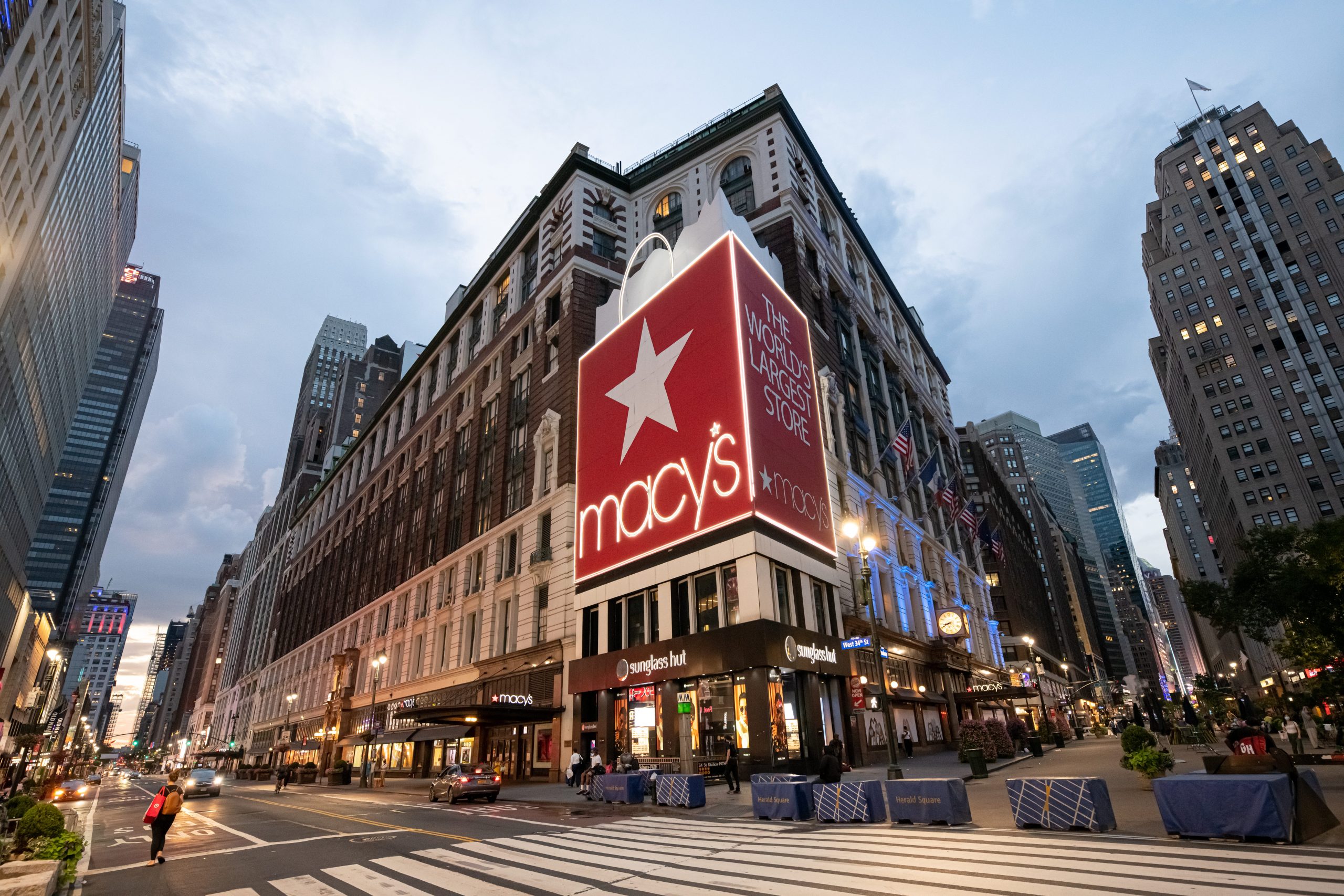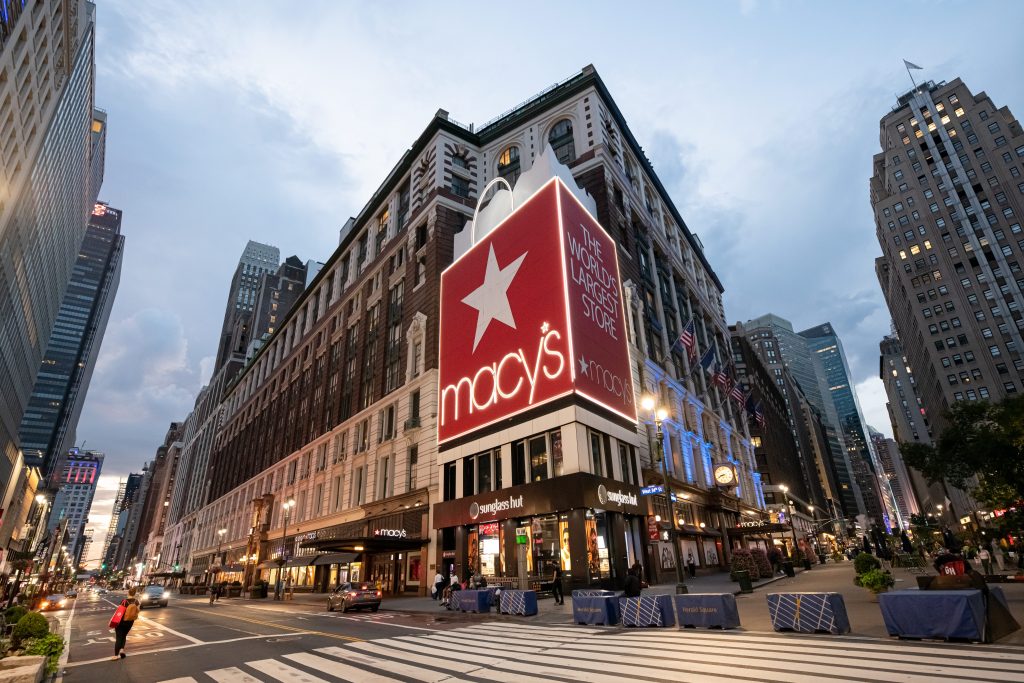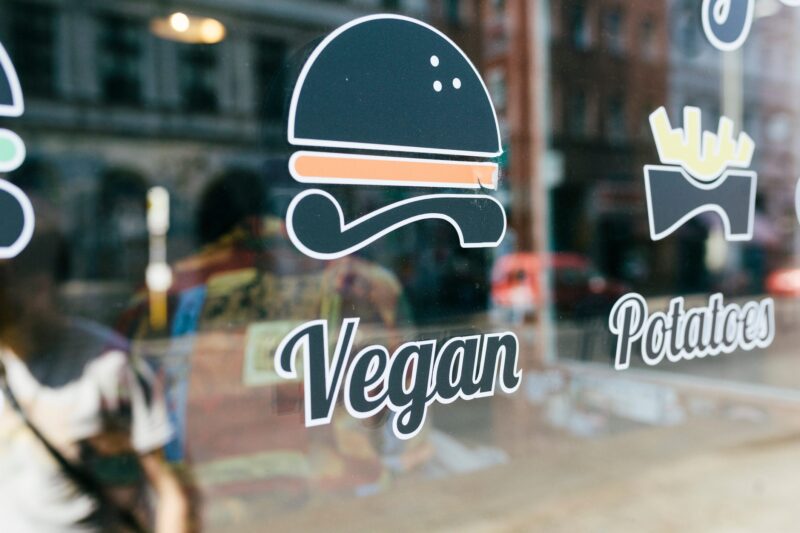
Noam Galai/Getty Images
- Nonprofit groups are monitoring major retailers using facial recognition software in their stores.
- Macy's is among the six stores that Fight for the Future reports is using the technology.
- Several companies including Walmart and Target told the nonprofit they don't use facial recognition.
- See more stories on Insider's business page.
Retail stores across the country are using facial recognition systems in their stores, leading to pushback by groups who say the technology is an invasion of privacy, Axios reported on Monday.
Last week, Fight for the Future launched an advocacy campaign against companies using facial recognition, which is often used for security purposes. The software can scan and store the faces of employees and customers – usually with the goal of preventing shoplifting and fraud.
"Your face should not be scanned, stored, or sold just because you walk into or work at a store," Fight for the Future wrote. "Retailers across the country that are exploring this invasive technology should know that prioritizing profit over privacy is wrong."
Proponents of the technology said facial images are not linked to personal data and that the systems can lead to improved shopping experiences, such as contactless payments. The pandemic increased its adoption by retailers as a way to help manage stores with fewer employees, Axios reported.
According to the advocacy campaign's website, Macy's, Apple, Lowe's, Albertsons, Ace Hardware, and H.E.B grocery are six retailers that use the technology. However, spokespeople from Apple and Lowe's told Insider that they do not use facial recognition in stores.
"Macy's uses facial recognition in conjunction with other security methods in a small subset of stores with high incidences of organized retail theft and repeat offenders," a Macy's spokesperson told Insider.
Walmart, Kroger, Home Depot, Target, Costco, CVS, Dollar Tree, and Verizon told Fight for the Future that they do not use facial recognition and do not plan on using it in the future.
Brenda Leong, director for artificial intelligence and ethics at the Future of Privacy Foundation, told Axios that stores could potentially use facial recognition to monitor employee productivity, identify loyal shoppers, and measure how long shoppers stay in the store.
50 investors managing over $4.5 trillion targeted tech companies Amazon, Facebook, Alibaba, and Huawei with calls to develop facial recognition in a more ethical way, Reuters reported in June. Recent studies have shown facial-recognition systems are less accurate in identifying nonwhite and female faces, raising concerns over racial bias.
In 2019, 18-year-old Ousmane Bah sued Apple for $1 billion, saying its facial recognition led to his false arrest. The tech giant has denied claims that it uses facial recognition in Apple stores.
Spokespeople from Macy's, Albertsons, Ace Hardware, and H.E.B grocery did not respond in time to Insider's request for comment.
Dit artikel is oorspronkelijk verschenen op z24.nl










